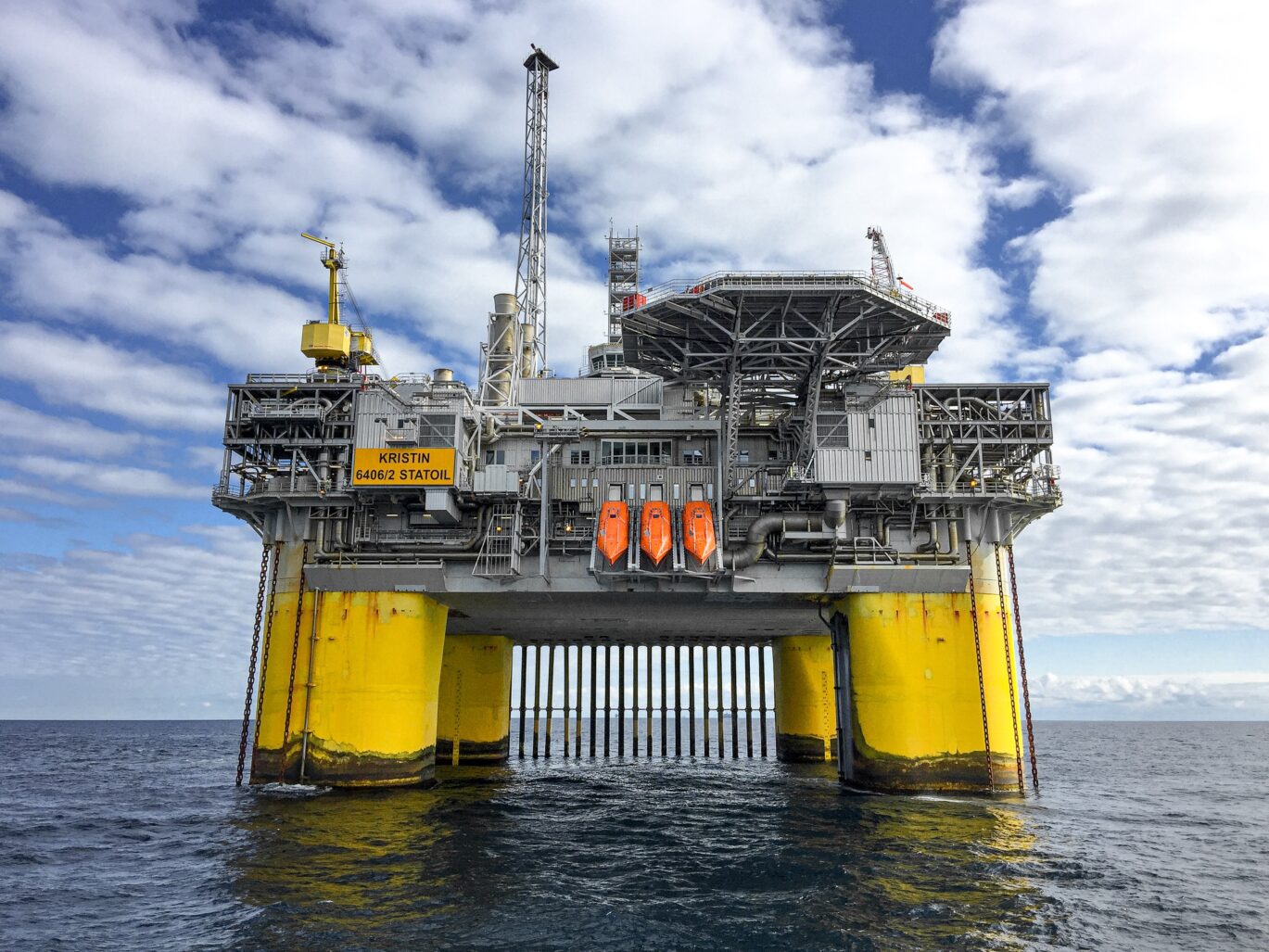The Scottish public backs the awarding of new North Sea oil and gas licences by more than a two to one majority, according to a new poll published today by advisory firm True North.
Prime Minister Rishi Sunak visited the North East of Scotland to make the announcement last month, in a drive to slow decline in domestic production of oil and gas during the UK’s transition to net zero.
More than half of respondents to the True North poll (54 percent), which was conducted by Survation, agreed that the UK government was right to grant new oil and gas licenses, compared to just 23 percent who believed this was the wrong decision.
In other findings, the survey pointed to a pragmatic rationale behind support for new licences with 75 percent of Scots agreeing that the UK should aim to meet its demand for oil and gas from domestic production as opposed to importing hydrocarbons from overseas.
In a rebuke to politicians who have sought to demonise the energy industry of late, four times as many people see the North Sea sector as having a positive impact upon the UK economy versus just under 14 percent who consider it a negative influence.
Three out of every five people surveyed were unconvinced that the UK government’s Energy Profits Levy, or ‘windfall tax’ on oil and gas profits, was proving an effective tool in either reducing their household bills or in driving energy firms to diversify their business from hydrocarbons towards renewable generation.











